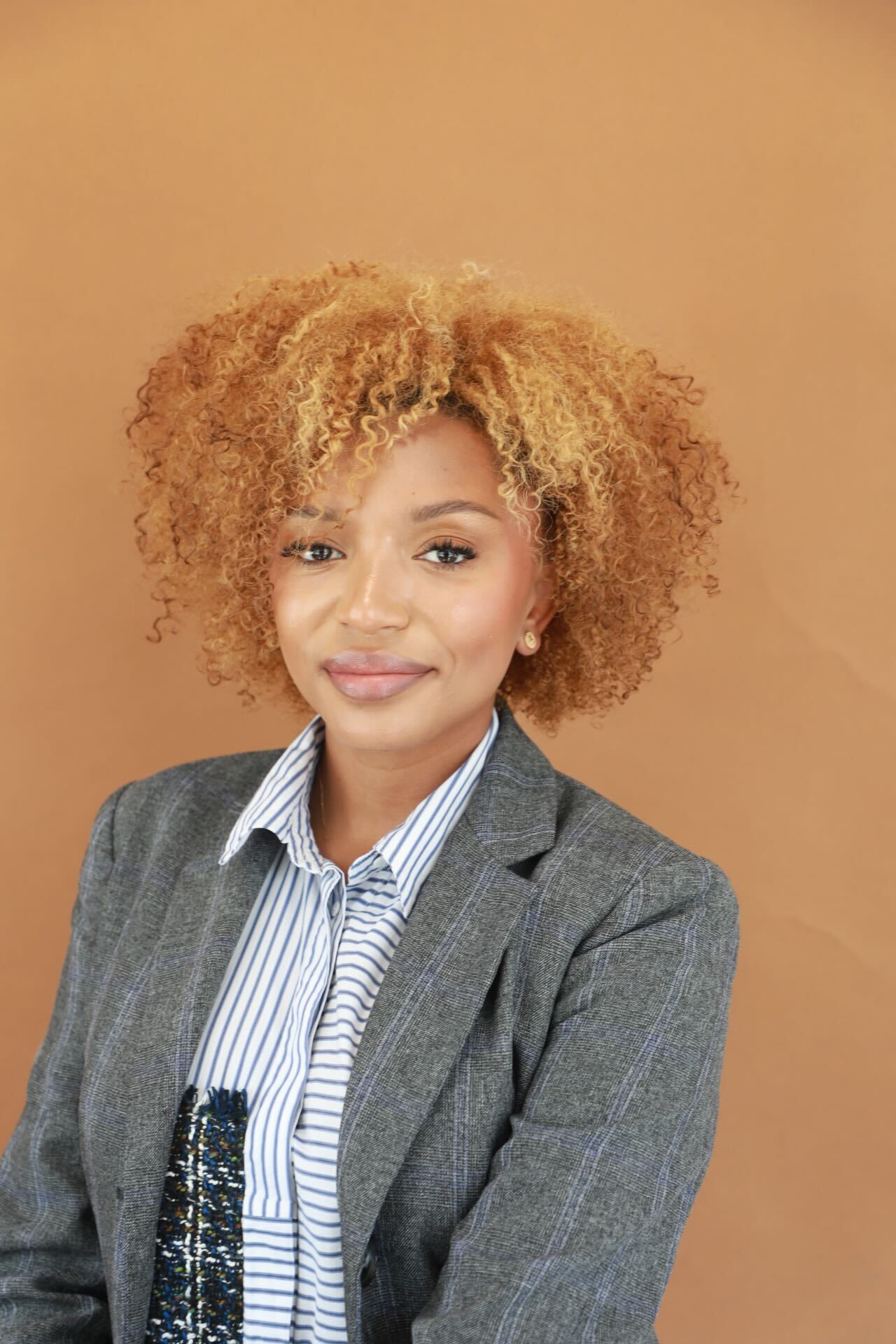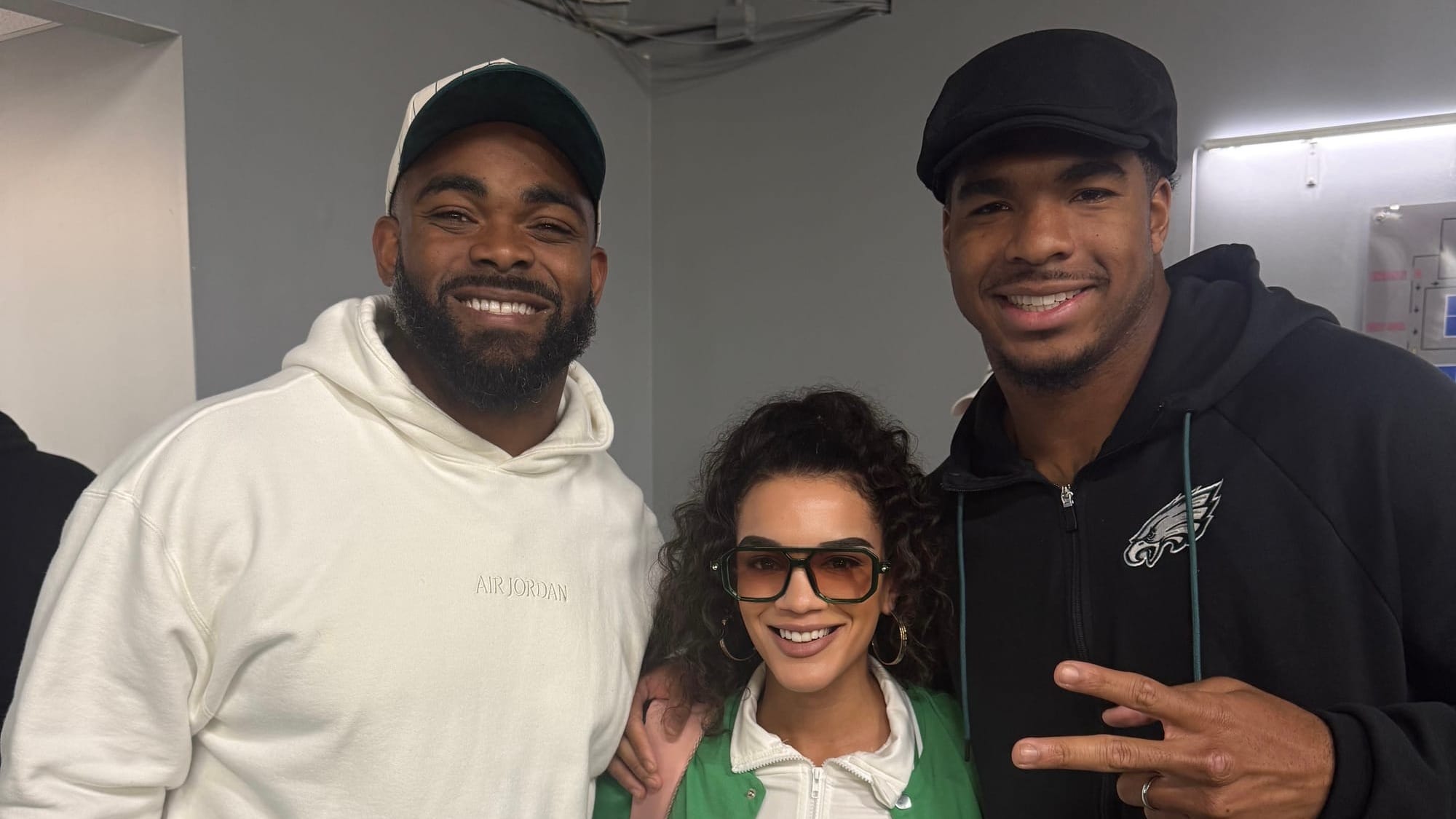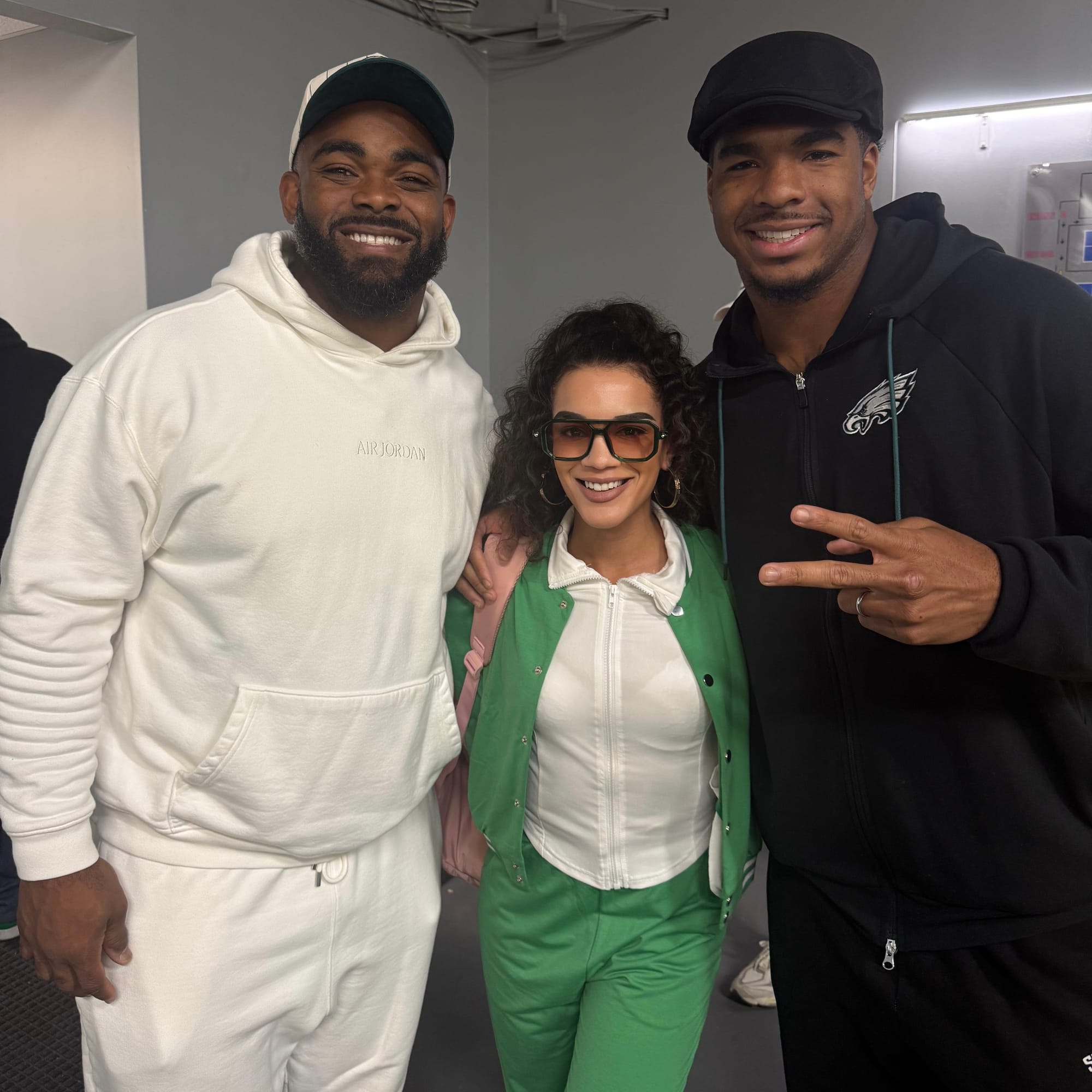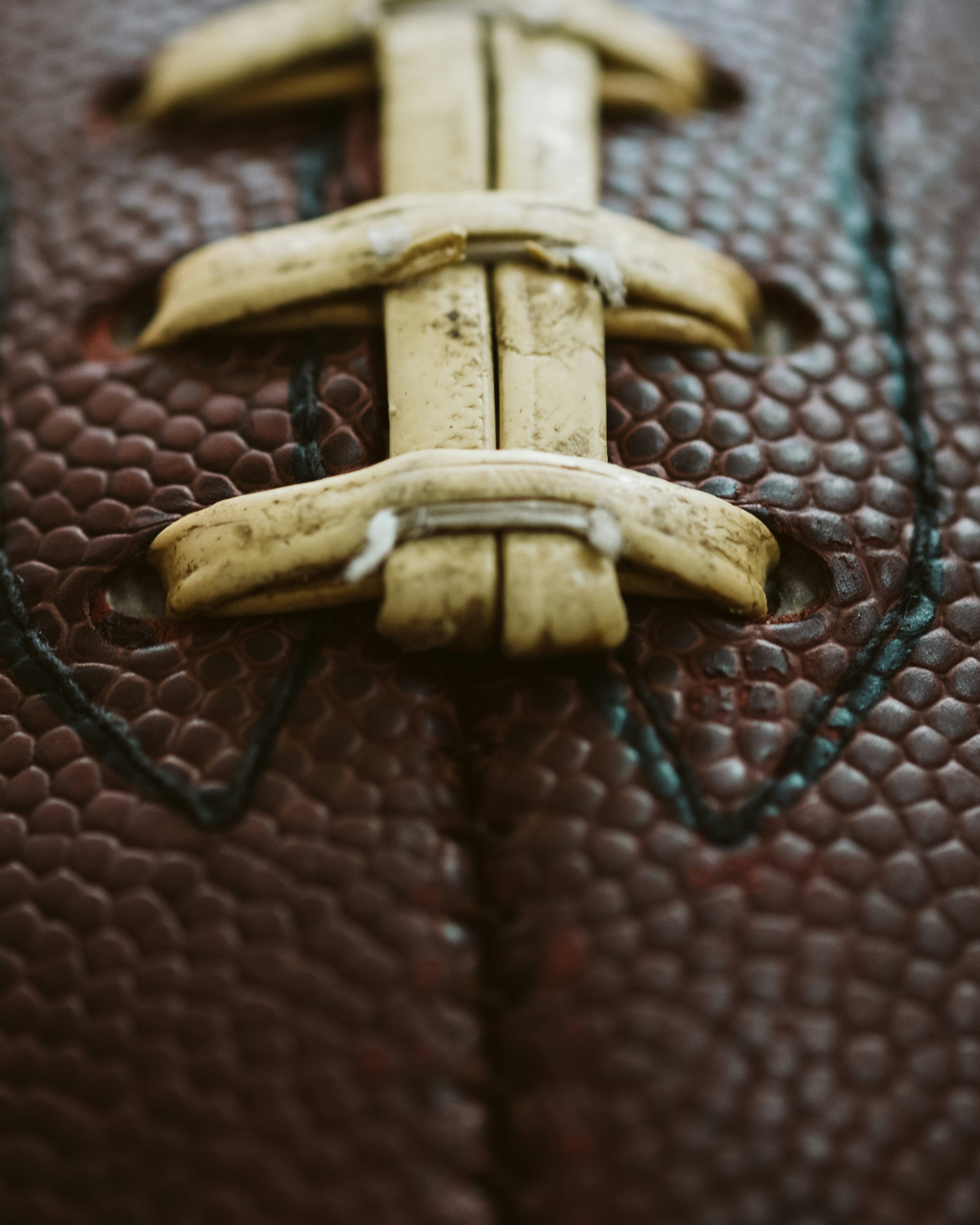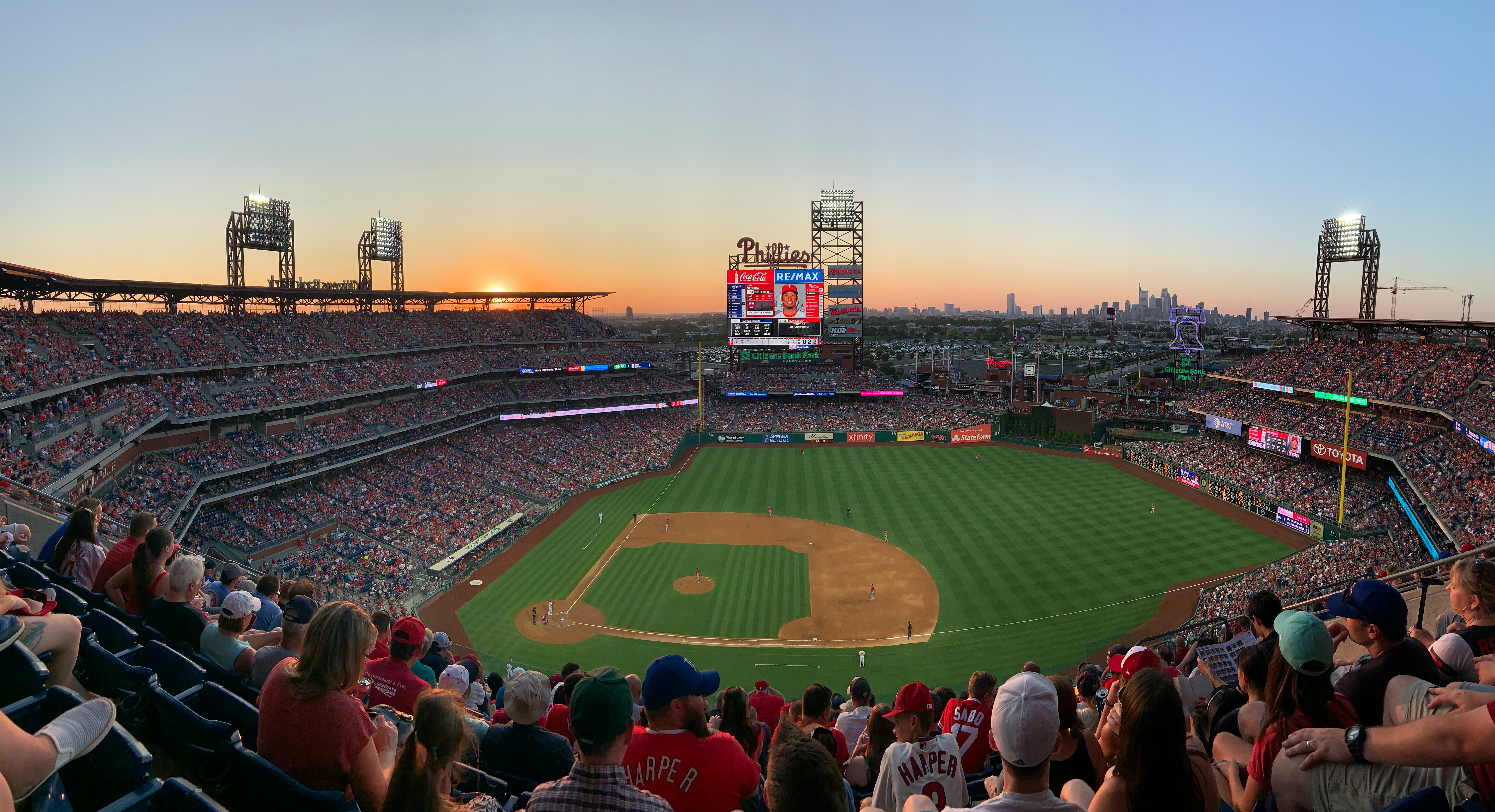KAREEM ROSSER EXCLUSIVE: BREAKING BARRIERS ON HORSEBACK FAIRMOUNT PARK
Kareem Rosser exemplifies that there is more than one route to success. The once participant, turned Executive Vice President, takes us inside of Work to Ride’s multi-billion dollar renovation project that aims to benefit the surrounding community.
— Kareem Rosser exemplifies that there is more than one route to success. The once
participant, turned Executive Vice President, takes us inside of Work to Ride’s multi-billion dollar
renovation project that aims to benefit the surrounding community.
When people think of Philly-born ‘Superstars’, minds normally land on entertainers like; Will Smith, Jill Scott, Meek Mill. But the talent that is birthed in this City is broader, and 32-year-old Kareem Rosser from West Philadelphia proves that.
Rosser is an international polo star and he got his start in the Fairmont Park-area of West Philadelphia. Rosser explains that his introduction to the world of equestrianism was fate. “My brothers took a wrong turn in Fairmount Park here and discovered the barn. At that time I was eight, ” explained Rosser.
Rosser grew up in ‘The Bottom’, a neighborhood in West Philly known for its grit. He was raised by his mother Lezette, alongside five siblings, most of them also participated in Work to Ride.
While in High School, Kareem and his brother, Daymar, won the National Interscholastic Polo
Championship.
“Once we started playing polo our lives completely changed,” stated Rosser. After graduating from Valley Forge Military Academy in 2011, Rosser attended Colorado State University as a student-athlete. Rosser became a collegiate National Champion in 2015, and the following year, he secured his Bachelor’s of Science in Economics.
Rosser went on to play polo professionally—a life filled with global travel and Ralph Lauren editorial spreads. “I’ve been fortunate enough to travel to nearly every continent playing polo,” expressed Rosser. He attributes much of his success to Lezlie Hiner, the founder of Work to Ride. Although glamour and stardom is a part of his story, the accolades aren’t what makes Rosser a stand out. It’s his commitment to giving back.
After tasting life amongst the upper echelons of privilege and exclusivity, he chose to bring his expertise back home to where it all began— Chamounix Stables in West Philly. Today, Rosser is an acclaimed author, a nonprofit executive, and the co-founder of the Philadelphia Polo
Classic. But most significantly—at heart—he’s still a kid from West Philly, trailblazing a path for others just like him. A true superstar.
Will you be the next Kareem Rosser? Read the full interview below to learn more about the Work to Ride program and their new state-of-the-art barn that’s coming soon.
Kareem Rosser: My name is Kareem Rosser. I am a former participant and graduate of Work To Ride. I now serve as the executive vice president. I've been involved with Work to Ride since I was a little boy. I started the organization as an 8-year-old boy. I grew up in West Philly, and my brothers took a wrong turn in Fairmount Park here and discovered the barn. So we learned about work to ride in the late nineties. I have been a part of a lot of the good, a lot of the bad and the ugly, and now I'm fortunate enough to serve as the Executive Vice President.
Kareem Rosser: The organization was founded by Leslie Heiner, who still serves as the executive director. Our goal was to serve low income kids in Philadelphia with the hopes of basically using horses, a vehicle to transform lives. When this started, this was just a very scrappy, grassroots nonprofit that was looking to change lives. One of the things that Leslie discovered early on through our friends was Polo. And Polo eventually became the perennial favorite for many of the kids in the organization, including myself.
Kareem Rosser {showing barn}: So yeah, this is going to be all area the horses get ready. This is new, the arena is connected to the old barn where this was all pasture, the places where people were parking their cars before as well.
Rylee: So the barn, that's where the horses,
Kareem: That's where the horses stay and live and feed and all that good stuff there. And this has been here since 1970. The early days when I joined work to ride there were a handful of kids. Majority of the kids come from some of the worst neighborhoods in Philadelphia. We've seen a lot of kids come through the organization and flourish in so many ways. A lot of us have been fortunate to go to private institutions. Some have gone on to attend Ivy League schools such as Cornell and Harvard. I've been fortunate enough to travel to almost nearly every continent playing polo, and never did I ever dream of something like that as a kid. So I mean, the organization continues to transform lives in so many different ways, but I think the big piece really is the exposure.
Rylee: And how many horses can this stable fit?
Kareem: The barn? We can hold about 35 horses here at any given time. So we've expanded the original barn to fit to accommodate the number of horses that we have here. But on any given day, we'll have like 30 plus horses.
Rylee: And I see they have their names on there. {referring to nameplates on barn doors}
Kareem: So we haven't left any of the names. Actually, some of these horses are no longer with us because some of them were quite older when we took them off site. But yeah, we have a full barn sometimes. Or before we left, we had a goat. There were about 30 barn cats, dogs, a bunch of random animals show up here all the time…
Kareem: So the timeline of construction, we started in July of 2024, and we're expected to be wrapped up in the summer of 2025. This plan started about seven, eight years ago with the idea of building a facility that was going to allow us to operate year round. Once the building is done, we're looking forward to having this be a community hub that's welcoming everybody from all over Philadelphia. You don't need to have money to show up and ride. We're looking forward to a number of events. Polo being one of the big things we're excited about, but there'll be other horse shows, there'll be other types of trade shows. We're looking to have flower shows, dog shows, a number of things we're excited about.
Rylee: And how are the work to ride participants involved in the barn? Do they care for the animals themselves?
Kareem: Yeah, so actually part of the program, hence the name “Work to Ride”, the kids are in charge of a lot of the barn chores. So part of the program and part of the, I guess the idea around the program is teaching kids responsibility through learning how to actually care for horses, but learning a lot of also life skills, both soft and hard skills, but the kids are generally in charge of feeding, cleaning the stalls, taking care of any veterinary needs. So they're learning a lot. The kids are often working around the barn during normal barn chores.
Rylee: That's super cool. Do they enjoy it most of the time?
Kareem: Yeah, no, it gets to a point where it feels like a chore and then you're trying to avoid work. It's doing the dishes. For the most part, for me now as I'm older, I do miss sort of mucking stalls because at that time you didn't realize how therapeutic it was when you were just being at the barn, being around the horses doing the work. But anything in life, eventually it does start feeling like a chore that you don't want to do.
Kareem: The Philadelphia Polo Classic will return in 2025 in September. We're excited about it, but I am one of the co-founders of the Philly Polo Classic. There were a couple of reasons why I thought the Philly Polo Classic should happen here in Philadelphia: One, the big thing is that many of our family and friends lived vicariously lived through our experiences traveling the world, playing polo. I wanted to bridge these two worlds, the one that I grew up in and the one that we've been able to access. There was curiosity from both sides, and I thought the Philadelphia Polo Classic would be the best way to bridge the bridge, those two worlds. Lastly, really, I thought it was just important to have another big event in Philly that could celebrate Philly, that can also then celebrate us in a way that we never had before. Because bringing this new facility here, expanding our program, increasing the impact, I thought we could do all that through the Philadelphia Polo Classics. A hundred percent of the proceeds of the event go back towards supporting the operations. So it is a way that we are fundraising to support our operations in addition to all the other things that we got going on.
Rylee: What does this expansion mean for future generations? Why is this change so significant for the people and the children that are coming up in Philadelphia that could participate in something like this?
Kareem: Yeah, I mean, this expansion means everything. And to me personally, and I showed up to this place when we had very little and just to now, see where we are today… But as some people say, this is really a crown jewel of the city. It's like one of those hidden crown jewels that most people don't know about until they take a wrong turn. But the impact that the organization has had on the city, particularly Leslie, our founder, executive director, and the impact that she has has been tremendous. But more importantly, we want to see this continue to grow and expand and make a difference in the city. I think everybody will agree that we need something like this and more, because Philly's a special place. Philly is a city of many. First, we want to be one of those first that continues to make a difference.
Rylee: And lastly, what's the legacy that you want to leave?
Kareem: I mean, for me, my legacy really is just, again, one of the things. I never wanted to be that poster child that achieved a lot of things and then kind of forgot where I came from. But I just really wanted to be remembered as somebody who poured in everything that they had into the organization to give back. And just remember as somebody who loved Philly, loved where I came from and thought about other people really.
